
Die Herrin des Clans
¥103.82
Die Nachricht, da? sein Onkel, der Herzog von Invercaron, tot ist und er den Titel erben soll, weckt in Talbot McCaron gemischte Gefühle. Gleich nach seiner Ankunft aus Indien in England wird der neue Herzog von den Clan-?ltesten bedr?ngt, zu heiraten. Durch einen glücklichen Zufall hat der neue Chieftain des Clans der Macbeth, Lady Jane, Gr?fin von Dalbeth, von ihrer Patentante ein riesiges Verm?gen geerbt, das sowohl die Macbeths als auch den Clan der McCaron vor dem Ruin retten k?nnte. Bald darauf jedoch h?lt er ein nymphen?hnliches, halbverhungertes und ver?ngstigtes Wesen vom Selbstmord ab ...
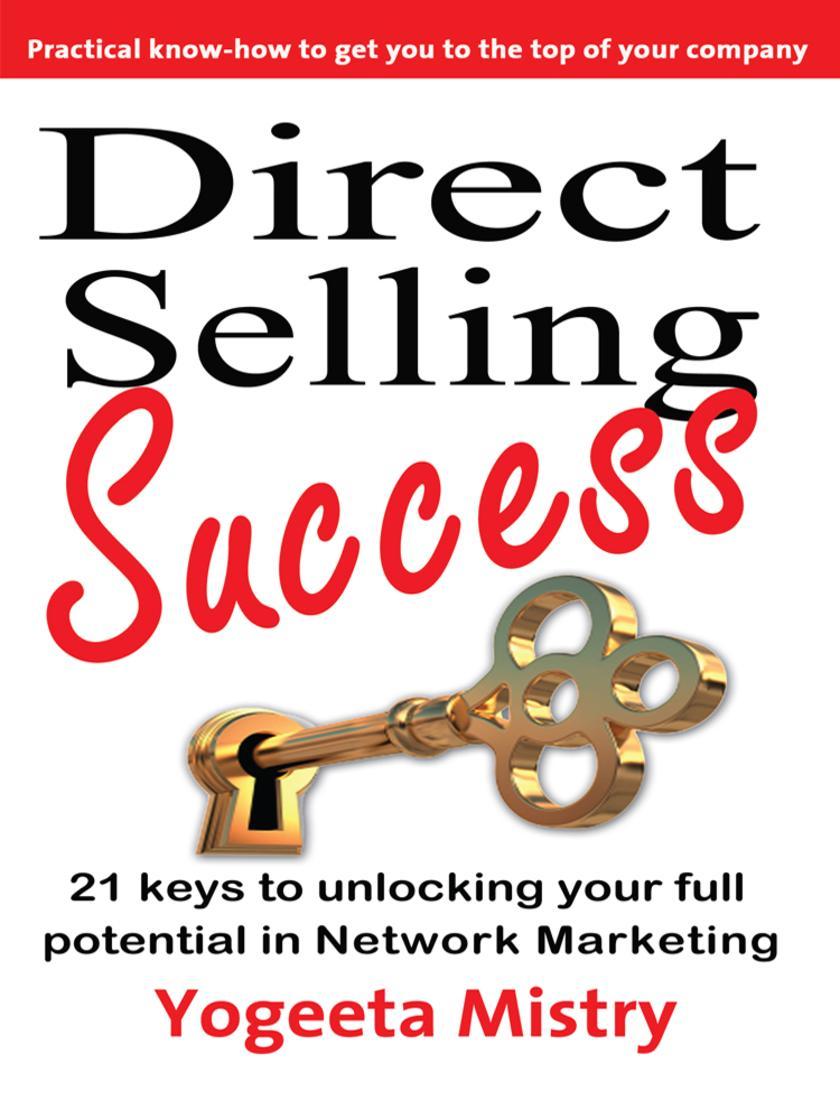
Direct Selling Success
¥103.82
Practical know-how to get you to the top of your company. This is a book with generic hands-on advice that you can implement immediately into your business. Yogeeta will share with you important factors and principles that are crucial to helping you with strategy and mindset for Direct Selling Success. The information is current, it's fresh, it's generic to whichever company you are involved with, and you will find that some of it will resonate within you to help you understand and run your Direct Selling business to a better degree.

Saviour of the Nation
¥103.82
Saviour of the Nation

Travels With My Harp: The Complete Autobiography of Mary O'Hara
¥103.82
Travels With My Harp: The Complete Autobiography of Mary O'Hara
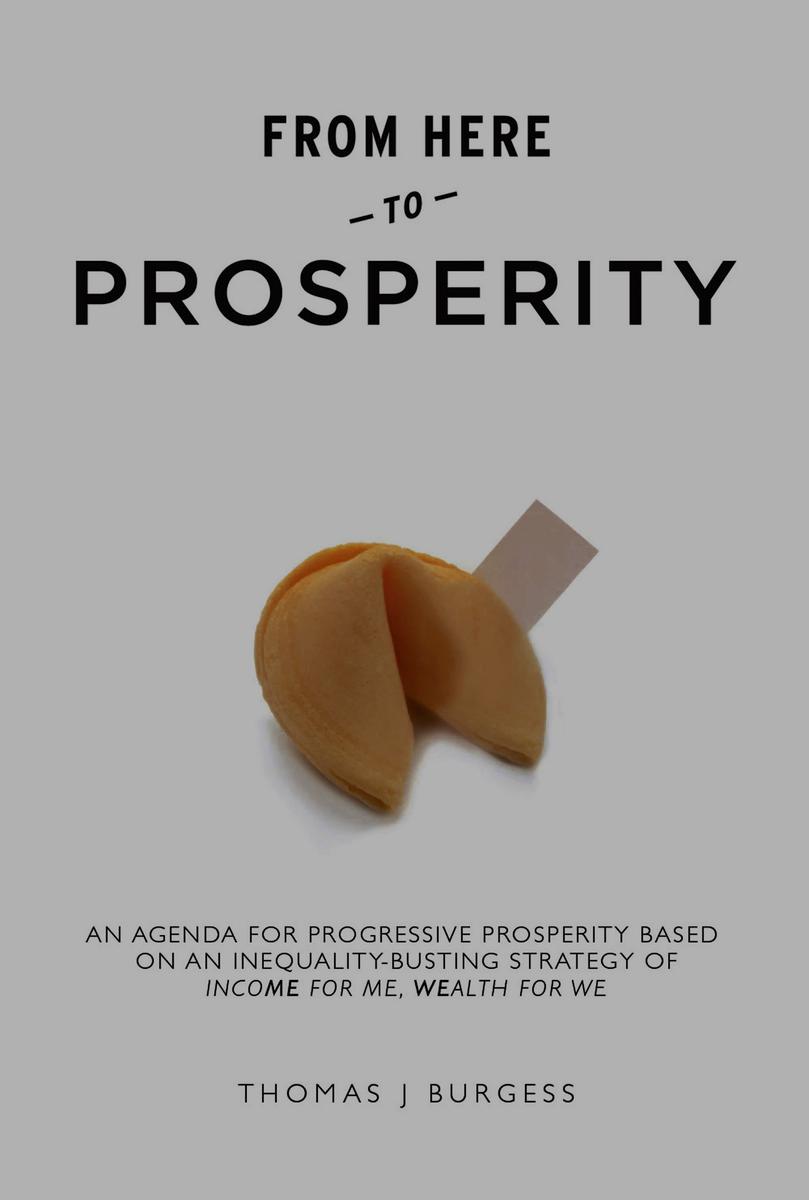
From Here to Prosperity
¥103.82
From Here to Prosperity

Clean Eating Alice Eat Well Every Day
¥103.59
Instagram sensation Clean Eating Alice shares 9 new recipes and a HIIT workout in this new e-book to help you get into shape for Spring. Full of sound advice that will appeal to her legions of fans.

Flat Stanley's Worldwide Adventures 4-Book Collection
¥103.33
With this collection of the first four novels in Flat Stanley's Worldwide Adventures, readers will soar through unforgettable adventure, witness friendship at its best, and learn tons of fun facts about the place Stanley visits! And for parents and teachers, each Flat Stanley book is aligned to the Common Core State Standards, including multicultural adventure, plot and character development story elements, and compare and contrast.Includes:#1: The Mount Rushmore Calamity: The whole Lambchop family is off to see Mount Rushmore. But when Flat Stanley and his brother, Arthur, team up with a scrappy cowgirl named Calamity Jasper, their vacation turns into the Wild West experience of a lifetime.#2: The Great Egyptian Grave Robbery: Ever since Stanley was flattened by a bulletin board, there are places he can get to that no one else can. So when Stanley receives a letter from an archaeologist, he travels by airmail to Egypt to help find an ancient treasure deep in the heart of a great pyramid. But what if even the flattest boy on earth can't wriggle out of this dark tomb—and the terrible mess he finds himself in?#3: The Japanese Ninja Surprise: Stanley and his brother, Arthur, are such huge fans of the movie star ninja Oda Nobu that they decide to send him something even better than fan mail—Stanley himself! But when trouble surprises them, it will take a real hero to save the day.#4: The Intrepid Canadian Expedition: Stanley Lambchop and his family are in British Columbia, Canada, for some skiing and winter fun. But when Stanley and his new friend Nick go snowboarding—with Stanley as the snowboard, of course—they take a midair tumble just as the wind picks up . . . and find themselves floating in an amazing Canadian cross-country journey that might just be Stanley's wildest adventure yet!
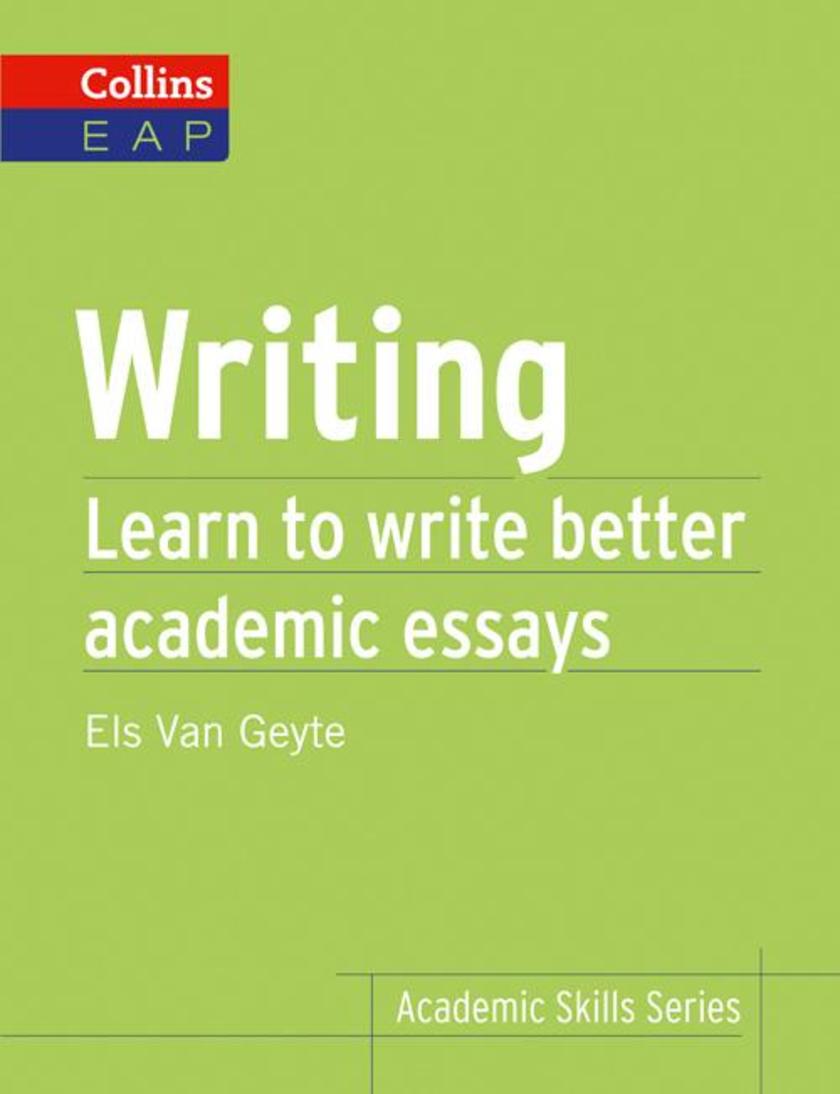
Writing: B2+ (Collins Academic Skills)
¥103.10
Learn to write better academic essays *The Collins Academic Skills Series – winner of the ELTon 2014 Innovation in Learner Resources Award.* Collins Academic Skills Series: Writing gives you the skills and strategies you need to write well-structured essays, reports and case studies and achieve academic success at university. Learn how to ? interpret the question ? structure your work ? paraphrase, quote and reference your sources ? avoid plagiarism ? understand your reader Collins Academic Skills Series: Writing will help you to make the most of your time at university. ? A step-by-step guide to the writing process including a complete 2500-word model essay ? Information on academic expectations – understand the requirements of studying at university ? Helpful tips and summaries ? Answer key and glossary Writing is part of a new six-book series to help international students achieve academic success at college or university. It is designed to support students who are studying, or preparing to study, at an English-speaking institution. Suitable for students whose level of English is Upper Intermediate / CEF level B2 / IELTS 5.5 and higher. Other titles in the Collins Academic Skills Series Group Work ? Lectures ? Numbers ? Presenting ? Research
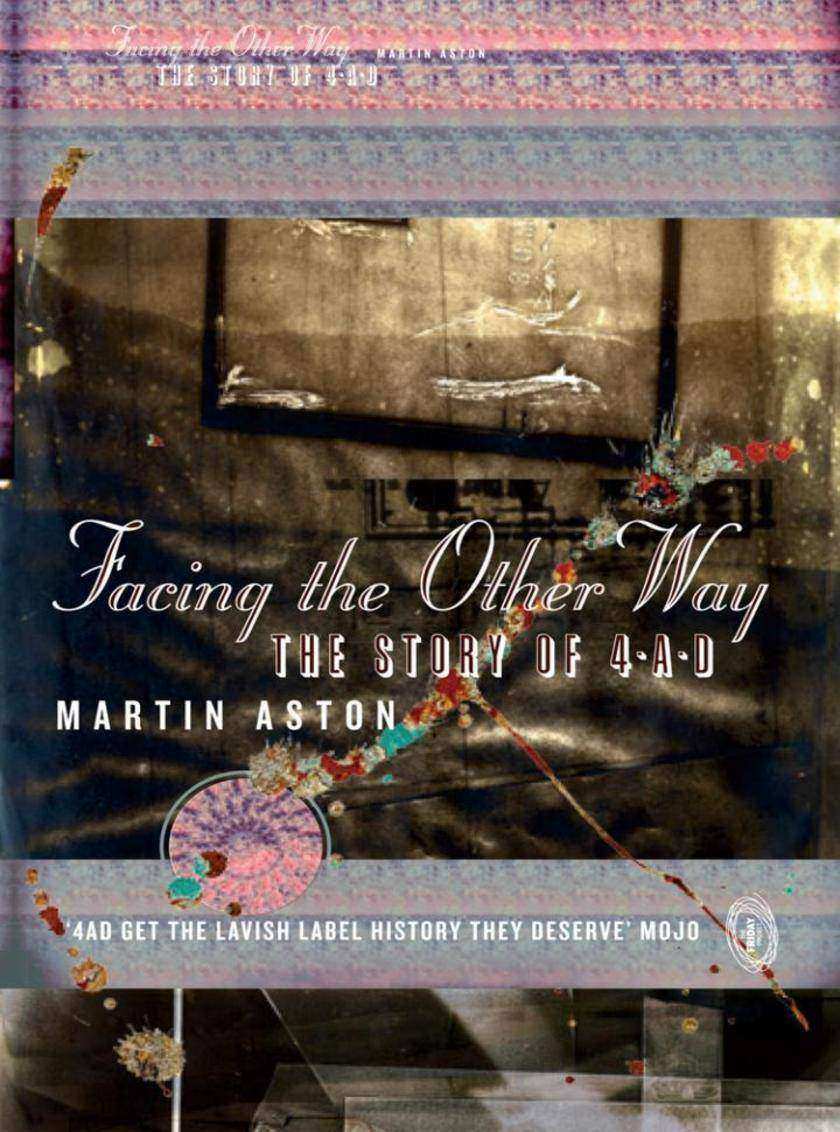
Facing the Other Way: The Story of 4AD
¥103.10
The first official account of the iconic record label. An NME Book of the Year 2013 ? A Rough Trade Book of the Year 2013 ? A Times Literary Supplement Book of the Year 2013 This Mortal Coil, Birthday Party, Bauhaus, Cocteau Twins, Pixies, Throwing Muses, Breeders, Dead Can Dance, Lisa Germano, Kristin Hersh, Belly, Red House Painters. Just a handful of the bands and artists who started out recording for 4AD, a record label founded by Ivo Watts-Russell and Peter Kent in 1979, a label which went on to be one of the most influential of the modern era. Combining the unique tastes of Watts-Russell and the striking design aesthetic of Vaughan Oliver, 4AD records were recognisable by their look as much their sound. In this comprehensive account concentrating on the label’s first two decades (up to the point that Watts-Russell left), music journalist Martin Aston explores the fascinating story with unique access to all the key players and pretty much every artist who released a record on 4AD during that time, and to its notoriously reclusive founder. With a cover designed by Vaughan Oliver this is an essential book for all 4AD fans and anyone who loved the music of that time.
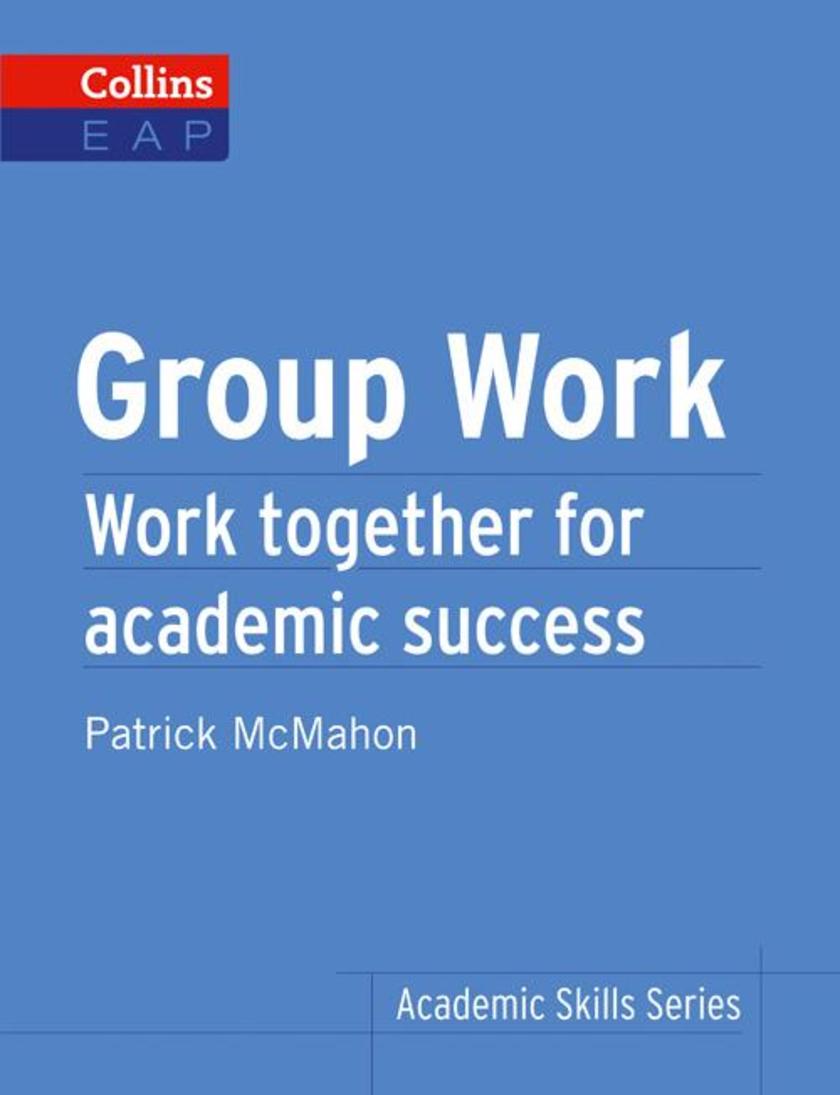
Group Work: B2+ (Collins Academic Skills)
¥103.10
Work together for academic success *The Collins Academic Skills Series - winner of the ELTon 2014 Innovation in Learner Resources Award.* Collins Academic Skills Series: Group Work will give you the skills you need to work well with others, and help you feel confident contributing to group projects at university. Through practical exercises and real-life case studies you will learn how to ? form effective groups ? assign roles ? establish rules ? deal with difficult group situations. Collins Academic Skills Series: Group Work will help you to make the most of your time at university. ? Ten chapters with clear information and practical exercises ? Real-life case studies from university students ? Information on academic expectations – understand the requirements of studying at university ? Helpful tips and summaries ? Answer key and glossary Group Work is part of a new six-book series to help international students achieve academic success at college or university. It is designed to support students who are studying, or preparing to study, at an English-speaking institution. Suitable for students whose level of English is Upper Intermediate / CEF level B2 / IELTS 5.5 and higher. Other titles in the Collins Academic Skills Series ? Lectures ? Numbers ? Presenting ? Research ? Writing
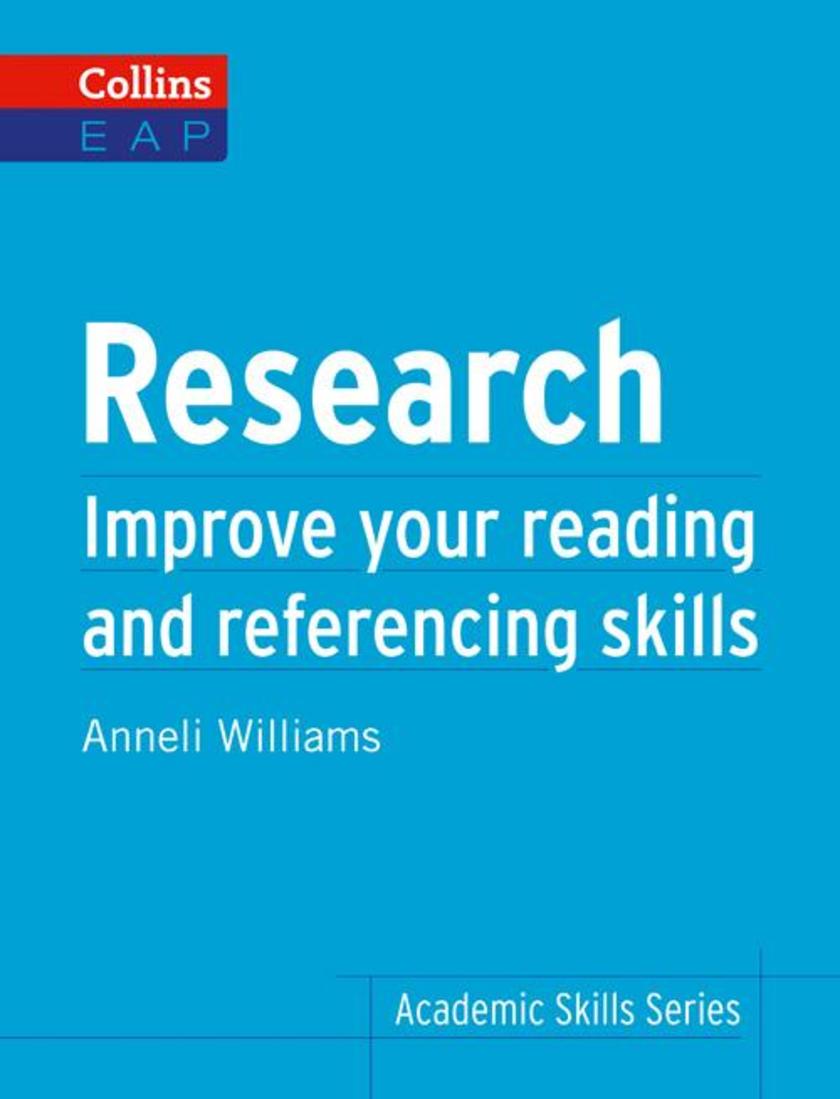
Research: B2+ (Collins Academic Skills)
¥103.10
Improve your reading and referencing skills *The Collins Academic Skills Series - winner of the ELTon 2014 Innovation in Learner Resources Award.* Collins Academic Skills Series: Research will give you the skills you need for successful academic reading and referencing. Learn how to choose the right sources access information think critically when reading texts make concise notes Collins Academic Skills Series: Research will help you to make the most of your time at university. Clear information and practical exercises Information on academic expectations – understand the requirements of studying at university Helpful tips and summaries Answer key and glossary Research is part of a new six-book series to help international students achieve academic success at college or university. It is designed to support students who are studying, or preparing to study, at an English-speaking institution. Suitable for students whose level of English is Upper Intermediate / CEF level B2 / IELTS 5.5 and higher. Other titles in the Collins Academic Skills Series Group Work Lectures Numbers Presenting Writing
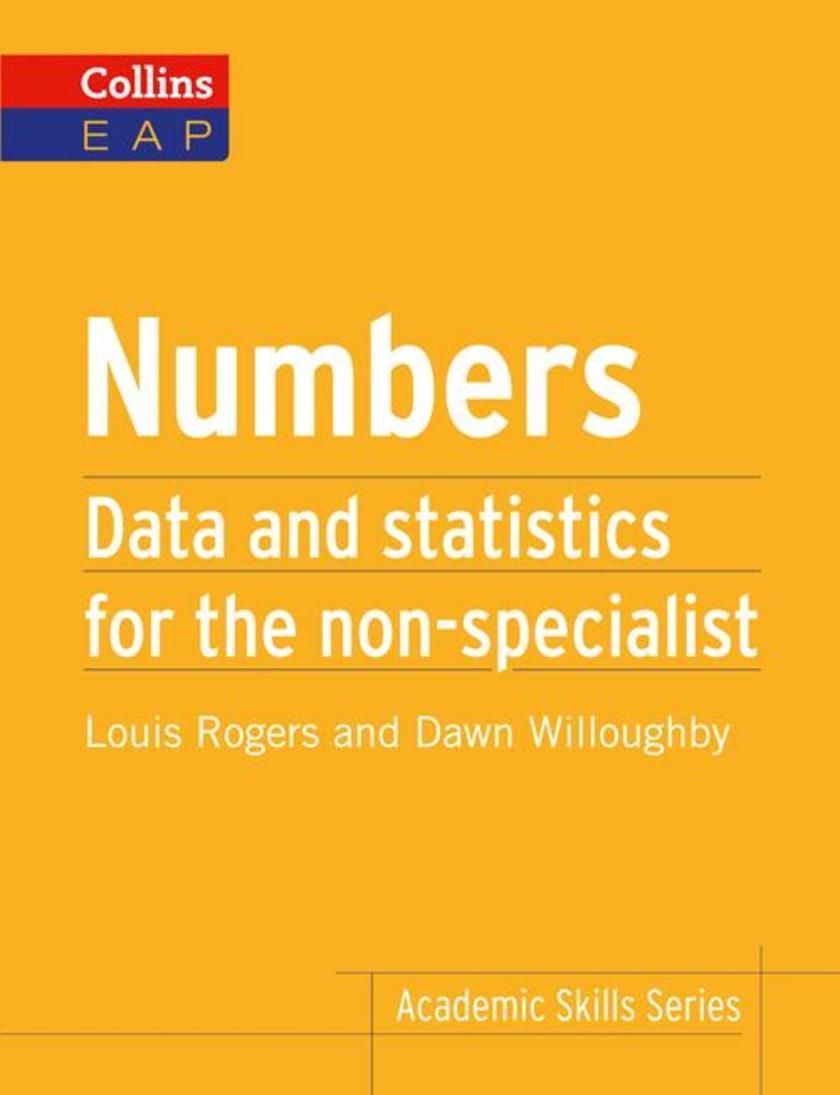
Numbers: B2+ (Collins Academic Skills)
¥103.10
Statistics and data for the non-specialist *The Collins Academic Skills Series - winner of the ELTon 2014 Innovation in Learner Resources Award.* At university you may be expected to analyse complex data and present your findings, whatever your area of study. Collins Academic Skills Series: Numbers gives you the skills you need to make sense of data and numbers and the confidence to use them effectively in your work. Learn how to ? interpret statistics and data ? conduct surveys ? evaluate and question results ? present numerical information clearly Collins Academic Skills Series: Numbers will help you to make the most of your time at university. ? Clear information and practical exercises ? Information on academic expectations – understand the requirements of studying at university ? Helpful tips and summaries ? Answer key and glossary Numbers is part of a new six-book series to help international students achieve academic success at college or university. It is designed to support students who are studying, or preparing to study, at an English-speaking institution. Suitable for students whose level of English is Upper Intermediate / CEF level B2 / IELTS 5.5 and higher. Other titles in the Collins Academic Skills Series: Group Work ? Lectures ? Presenting ? Writing ? Research
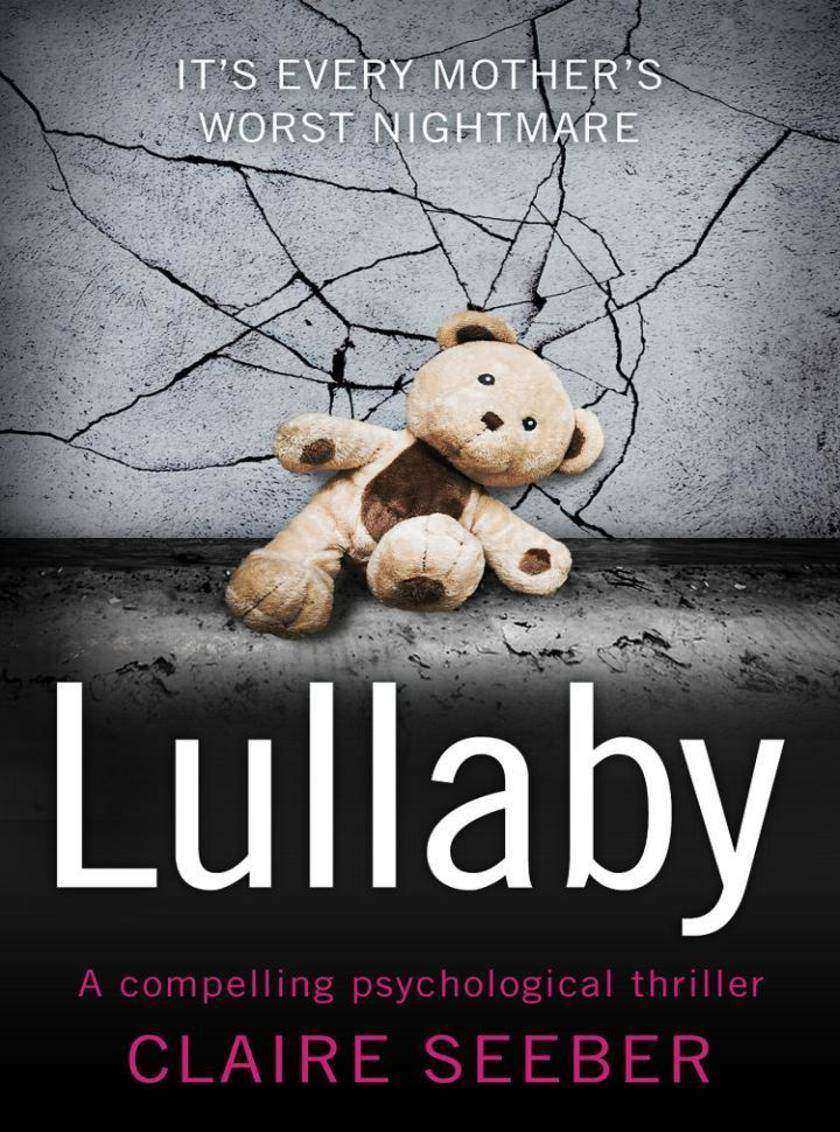
Lullaby
¥103.10
‘Totally absorbing’ Closer magazine Claire Seeber’s chilling first novel explores every parent’s worst nightmare . . . What should have been a happy family day out quickly turns into a nightmare for Jess Finnegan. One minute she is thankful for a few minutes' peace away from the demands of motherhood. The next she is frantically searching for husband Mickey and 8-month old Louis.They have disappeared, nowhere to be seen. As the police launch a massive manhunt, Jess's panic intensifies. Then Mickey is found, badly beaten – and alone. Where is Louis? Is he still alive? Could he be the victim of child trafficking or something much closer to home? Just how well does Jess know her new husband? And when her wayward brother turns up out of the blue, what is he after? As the investigation unravels, Jess discovers that the people closest to you are not always what they seem…

The Kingdom Series Books 1 and 2: The Lion Wakes, The Lion At Bay
¥103.01
A NATION WILL FIGHT FOR ITS FREEDOM. The first two books in Robert Low’s trilogy on the making of Scotland. THE LION WAKES It is 1296 and Scotland is in turmoil. The old king, Alexander III, has died and Edward I of England, desperate to keep control of his northern borders, arranges for John Baliol, a weak man who Edward knows he can manipulate, to take leadership of Scotland. But unrest is rife and many are determined to throw off the shackles of England. Among those men is Robert the Bruce, young, angry and obsessed by his desire to win Scotland's throne. He will fight for the freedom of the Scots until the end. THE LION AT BAY A nation’s independence hangs in the balance. After fleeing to France following his defeat at the Battle of Falkirk, William Wallace has returned to Scottish soil to face his fate. But Robert the Bruce now stands between him and the crown. Warring factions, political intrigue and vicious battles threaten at every turn. Both men face uncertain futures, their efforts thwarted by shattered loyalties, superstition and rumour. In these troubled times, it is murder, treachery and the bitter rivalry amongst Scots nobility that will shape the long and bloody rise of Robert the Bruce to his coronation.
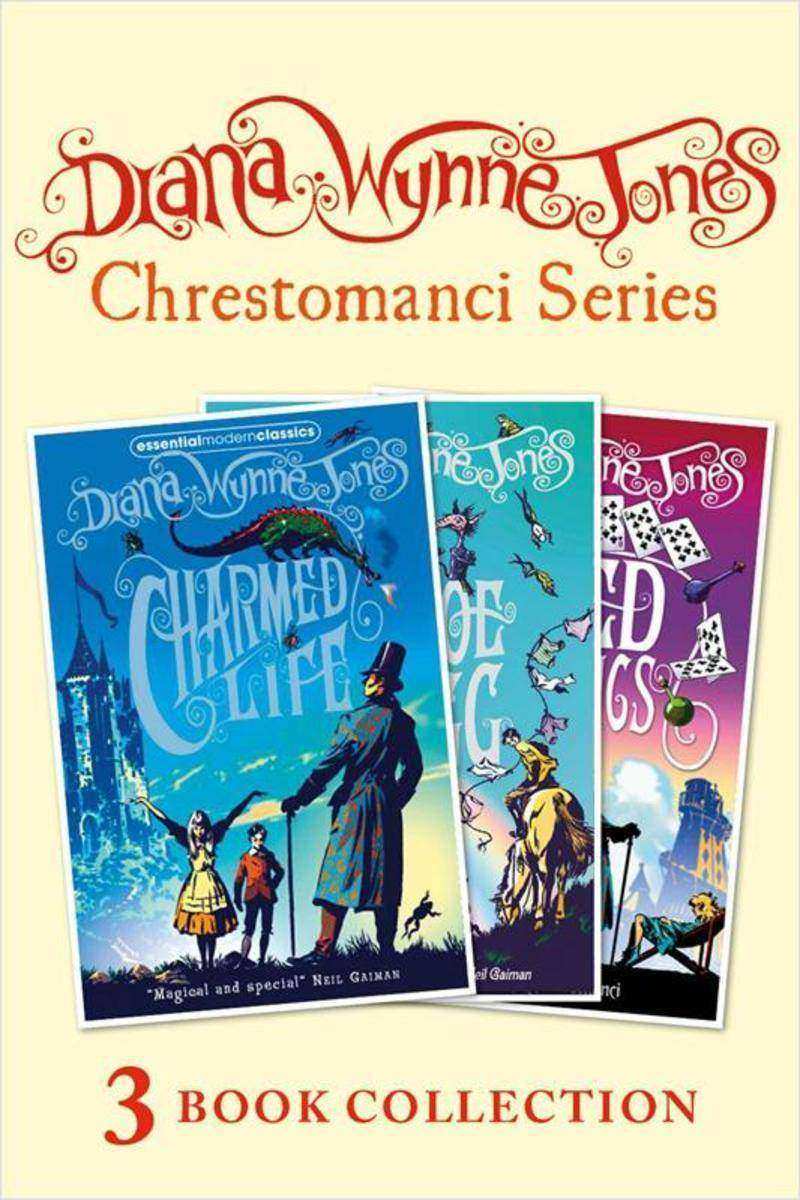
The Chrestomanci series
¥103.01
THREE magical titles from the award-winning Chrestomanci series by Diana Wynne Jones, brought together for the first time in this exclusive eBook collection. Charmed Life and The Pinhoe Egg are two books from the much-loved Chrestomanci series that follow Cat Chant as he develops from a young boy with no talent for magic into a confident enchanter with many friends around the castle. Mixed Magics is a collection of four short stories from the series also set in the wonderful world of Chrestomanci. Winner of numerous accolades including the Guardian Award, these stories have been loved by generations of children’s and adults alike. Diana Wynne Jones was hailed by Neil Gaiman as ‘the best writer of magic there is.’

IT'S ALL IN YOUR HEAD
¥112.23
Instant National Bestseller! Wall Street Journal bestseller; USA Today bestseller; Publishers Weekly bestseller; international bestseller.An inspirational book by self-made musical superstar, Russ, reminding you that it starts with YOU, to believe in yourself, and to get out of your own way. Twenty-seven-year-old rapper, songwriter, and producer Russ walks his own path, at his own pace. By doing so, he proved that he didn’t need a major label to surpass over a billion streams on Spotify/Apple Music, get on Forbes’ 2019 “30 Under 30,” make the Forbes‘ “30 Under 30 Cash Kings” at number 20 for most earned, sell out arenas across the U.S. and around the globe, and become one of the most popular and engaged rappers right now. His method was simple: love and believe in yourself absolutely and work hard no matter what. In this memoir, Russ inspires readers to walk to their individual rhythms and beat their biggest obstacles: themselves. With chapters named after his most powerful and popular songs, IT'S ALL IN YOUR HEAD will reflect on the lessons he’s learned from his career, family, and relationships. He’ll push readers to bet on themselves, take those leaps of faith, and recognize struggles as opportunities. With illustrations throughout consistent with the brand Russ has built and his fan base loves, IT'S ALL IN YOUR HEAD will give readers an inside-look at the man and the motivation behind the music. A lover of books like The Alchemist and The Seven Spiritual Laws of Success, Russ delivers a short, potent, inspirational, raw, and honest book that gives readers a way to find self-belief and unlock their potential. Fans already rely on Russ as an inspiration of confidence; now, he is taking it to the next level with this book, which will contain lyrics from his music and visuals that reflect his inimitable style.

Highfire:A Novel
¥112.23
From the New York Times bestselling author of the Artemis Fowl series comes a hilarious and high-octane adult novel about a vodka-drinking, Flashdance-loving dragon who lives an isolated life in the bayous of Louisiana—and the raucous adventures that ensue when he crosses paths with a fifteen-year-old troublemaker on the run from a crooked sheriff.In the days of yore, he flew the skies and scorched angry mobs—now he hides from swamp tour boats and rises only with the greatest reluctance from his Laz-Z-Boy recliner. Laying low in the bayou, this once-magnificent fire breather has been reduced to lighting Marlboros with nose sparks, swilling Absolut in a Flashdance T-shirt, and binging Netflix in a fishing shack. For centuries, he struck fear in hearts far and wide as Wyvern, Lord Highfire of the Highfire Eyrie—now he goes by Vern. However...he has survived, unlike the rest. He is the last of his kind, the last dragon. Still, no amount of vodka can drown the loneliness in his molten core. Vern’s glory days are long gone. Or are they?A canny Cajun swamp rat, young Everett “Squib” Moreau does what he can to survive, trying not to break the heart of his saintly single mother. He’s finally decided to work for a shady smuggler—but on his first night, he witnesses his boss murdered by a crooked constable. Regence Hooke is not just a dirty cop, he’s a despicable human being—who happens to want Squib’s momma in the worst way. When Hooke goes after his hidden witness with a grenade launcher, Squib finds himself airlifted from certain death by…a dragon?The swamp can make strange bedfellows, and rather than be fried alive so the dragon can keep his secret, Squib strikes a deal with the scaly apex predator. He can act as his go-between (aka familiar)—fetch his vodka, keep him company, etc.—in exchange for protection from Hooke. Soon the three of them are careening headlong toward a combustible confrontation. There’s about to be a fiery reckoning, in which either dragons finally go extinct—or Vern’s glory days are back.A triumphant return to the genre-bending fantasy that Eoin Colfer is so well known for, Highfire is an effortlessly clever and relentlessly funny tour-de-force of comedy and action.
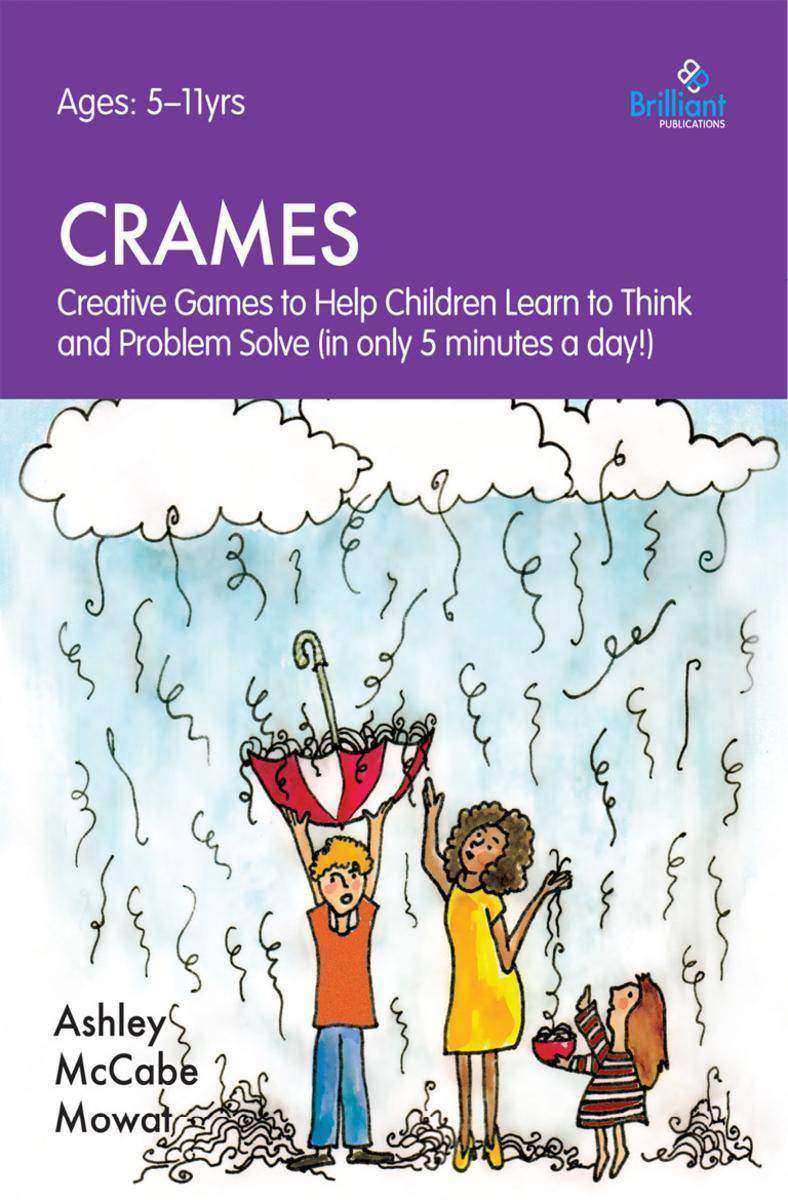
Crames
¥102.91
CRAMES are practical, easy-to-use creative games that get children thinking creatively. The stimulating trigger questions develop problem solving and creative thinking skills in activities that take as little as five minutes a day. No preparation is needed, just the willingness to think creatively. Trigger questions range from EWhat if the sea turned everything it touched red?E and 'How many things can you think of that squeak?E to EHow is a museum like a story?E and EWould you rather be a picture or a fish tank? Why?ECreative thinking is a necessary tool for survival and success in today's world. Playing CRAMES will add variety to your day and help you and your pupils break out of your usual mind-set and lead you down the path of looking at the world through creative-coloured glasses!

100+ Fun Ideas for Modern Foreign Languages
¥102.91
100+ Fun Ideas for Practising Modern Foreign Languages in the Primary Classroom contains 137 fun activities for developing oracy and literacy skills. The tried and tested activities in this book can be used to with almost any language. The author has chosen these ideas due to the positive impact the games and activities have had on the learning of another language. The inherent rationale behind each activity is that it is enjoyable, interactive and allows for as many children as possible at one time to communicate. With activities ranging from 'Clap if true' and 'Draw a monster' to 'Find Mr X' and 'Puppet mind reading', you will never be stuck for ideas.

100+ Fun Ideas for Wet Playtimes
¥102.91
Provides useful ways of keeping students occupied when the weather means it is impossible to go out at recess/playtime. The activities have an educational element, and range from pen and paper games to work games, talking games and even group games. The games can be easily adapted to suit children of all ages.
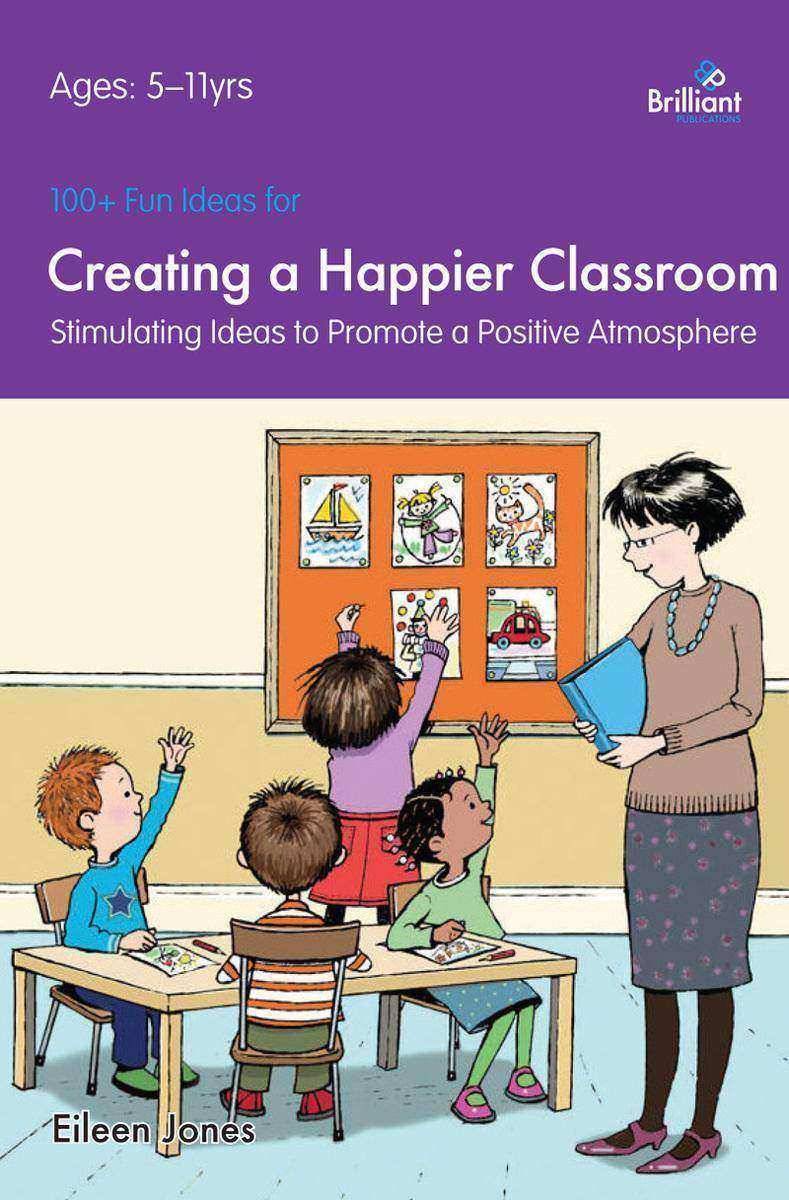
100+ Fun Ideas for a Happier Classroom
¥102.91
This book is crammed with stimulating ideas to help you create and communicate the impression of a calm, happy classroom where pupils feel secure and are challenged to do their very best. Suggestions cover everything from layout of the classroom and innovative ways of controlling noise levels to great ways of making every child feel special and valued. These carefully selected, enjoyable activities will not only help the children feel confident in your classroom and at school, they will also foster self-confidence, positive attitudes, teamwork and improved links with home.




 购物车
购物车 个人中心
个人中心



